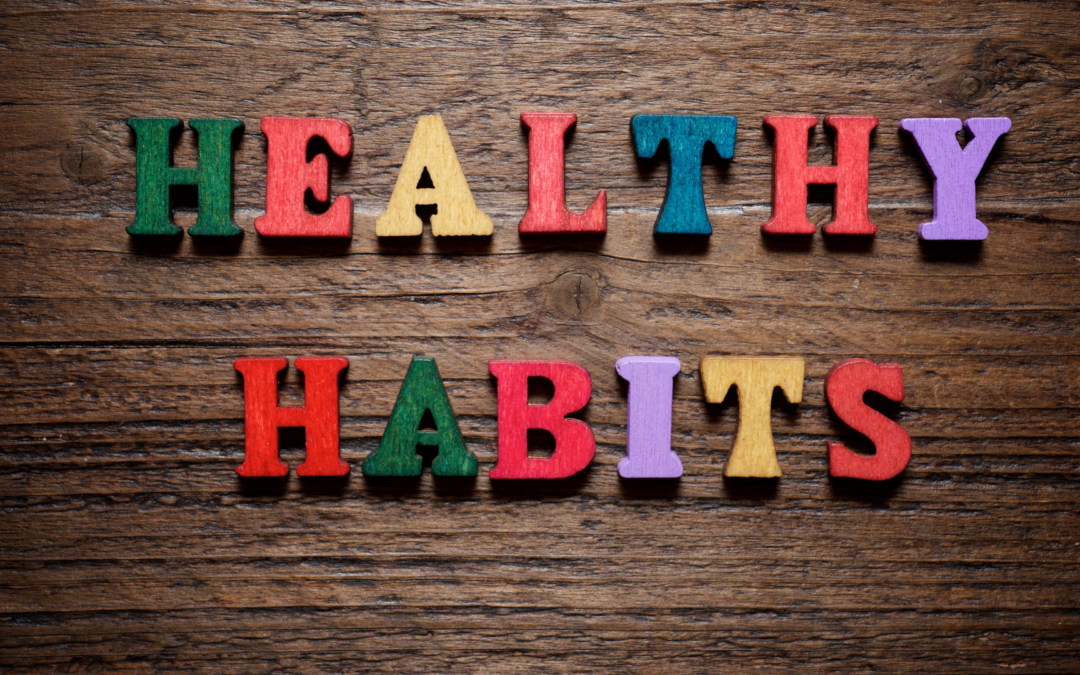Retirement is a time of life that many people look forward to, as it provides the opportunity to relax, travel, spend time with loved ones, and pursue new hobbies and interests. However, it’s important to remember that retirement also marks a significant transition in one’s life, and it’s essential to establish healthy habits that can help you maintain your physical and mental well-being. In this blog post, we’ll explore some healthy habits that you can adopt in retirement.
1. Exercise regularly
Regular exercise is critical to maintaining good health, especially as we age. Engaging in physical activity helps to improve cardiovascular health, build strength and flexibility, and reduce the risk of chronic diseases such as diabetes, heart disease, and osteoporosis. Aim to engage in at least 30 minutes of moderate-intensity exercise, such as walking, biking, or swimming, most days of the week.
2. Eat a healthy diet
Eating a healthy and balanced diet is vital to maintaining good health, especially as we age. Make sure to incorporate plenty of fruits, vegetables, whole grains, and lean proteins into your diet, while limiting processed foods, sugary drinks, and saturated fats. Staying well-hydrated is also crucial, so make sure to drink plenty of water throughout the day.
3. Get enough sleep
Getting enough sleep is essential for maintaining good physical and mental health. Aim to get at least seven to eight hours of sleep each night, and establish a regular sleep schedule to help regulate your body’s circadian rhythms. If you have trouble sleeping, try implementing relaxation techniques, such as meditation or deep breathing exercises, or talk to your doctor about potential sleep aids.
4. Maintain social connections
Social connections are critical to maintaining good mental health and overall well-being, especially in retirement when it’s easy to become isolated. Make sure to stay in touch with friends and loved ones, join social groups or clubs, or volunteer in your community to stay connected and engaged.
5. Manage stress
Retirement can be a stressful time, as it marks a significant life transition. Make sure to manage stress effectively by engaging in relaxation techniques, such as meditation or yoga, or pursuing hobbies or activities that bring you joy and fulfillment.
6. Stay mentally active
Keeping your mind active and engaged is essential to maintaining cognitive function and overall brain health. Try engaging in mentally stimulating activities, such as reading, doing puzzles, or learning a new skill or language, to keep your mind sharp and active.
In conclusion, retirement can be an exciting and fulfilling time in your life, but it’s essential to establish healthy habits that can help you maintain your physical and mental well-being. By incorporating regular exercise, a healthy diet, adequate sleep, social connections, stress management, and mental stimulation into your daily routine, you can ensure that you’re taking the best care of yourself in retirement.
Want some support? Check out my programs.

